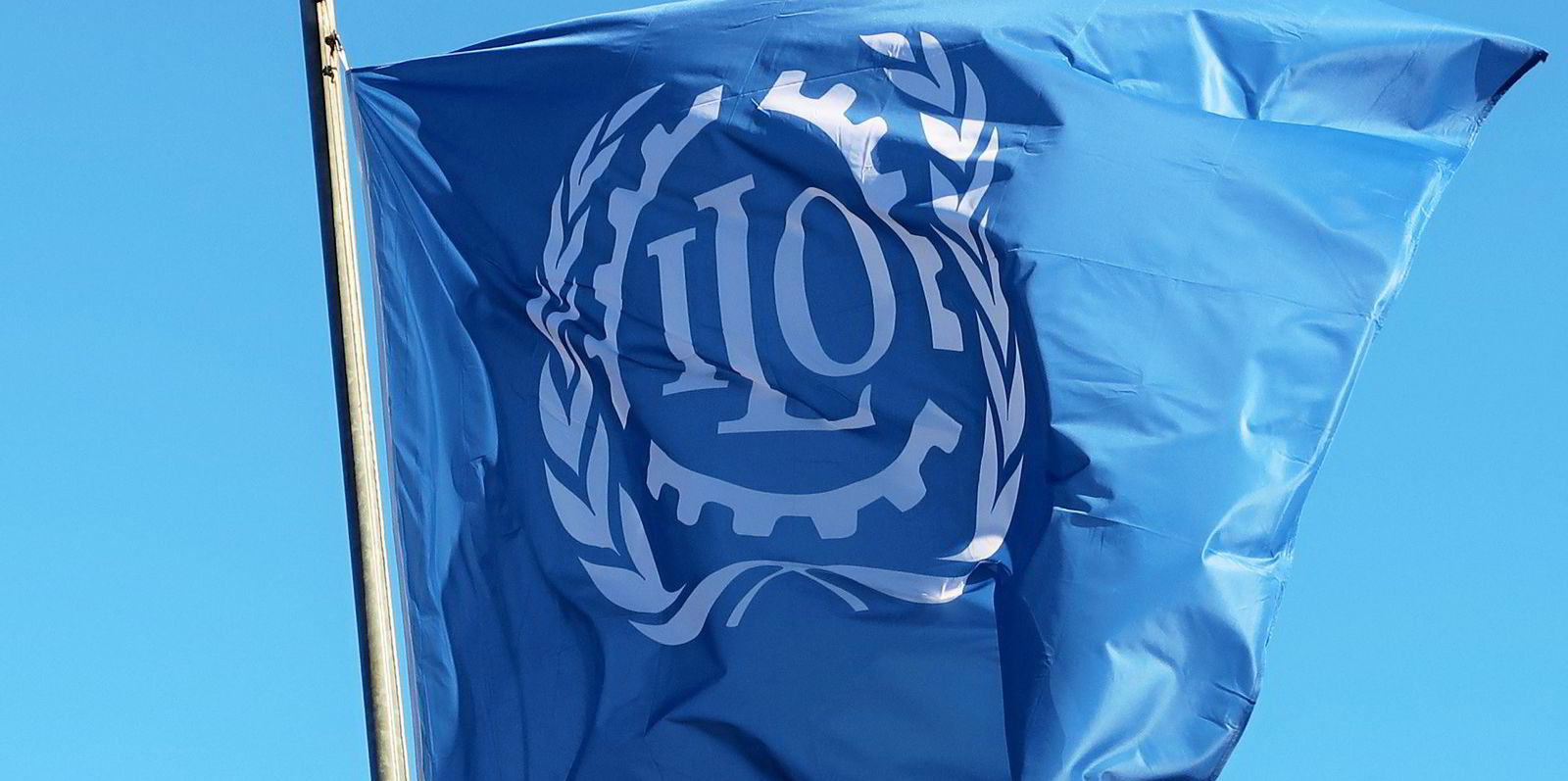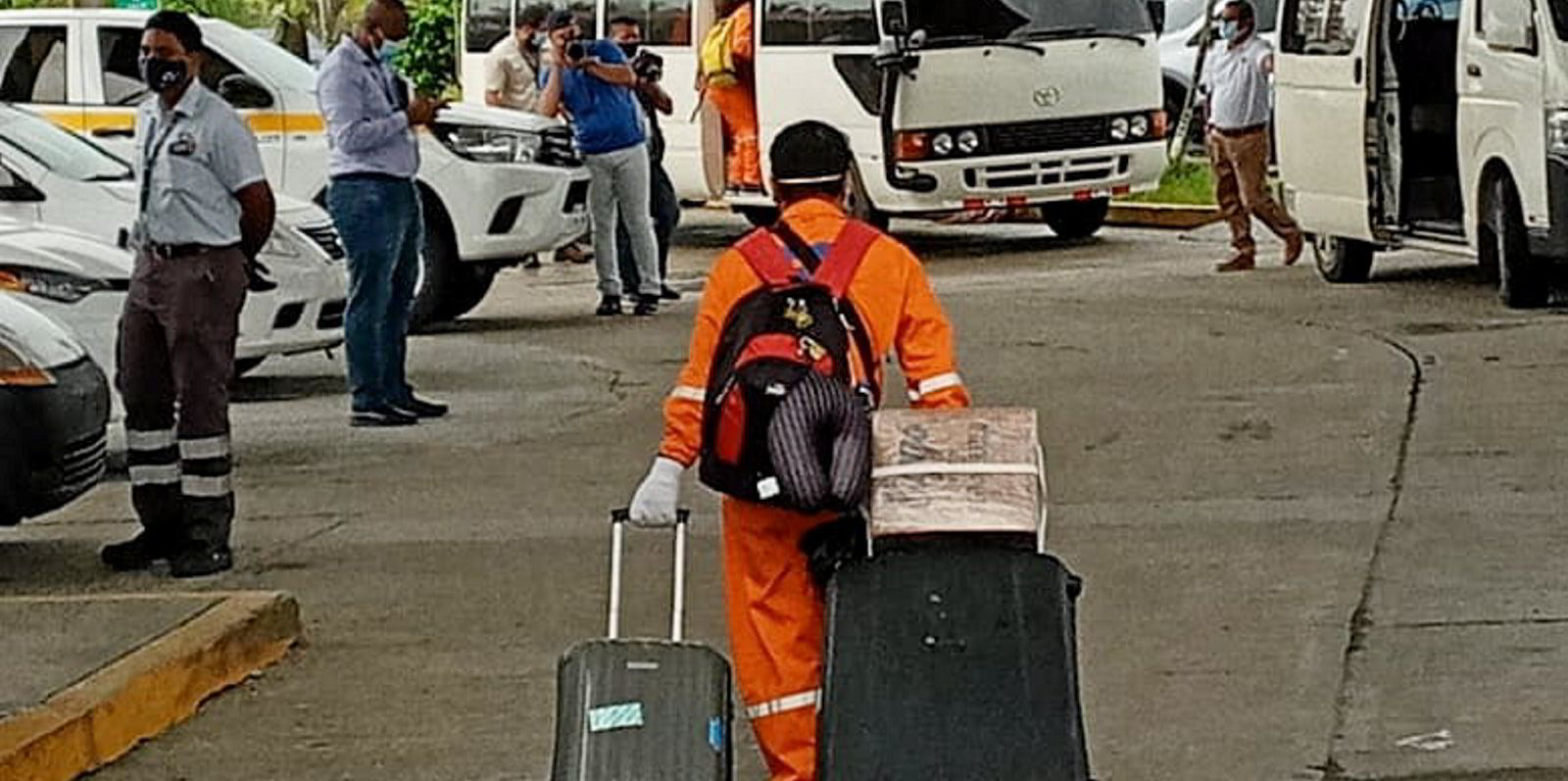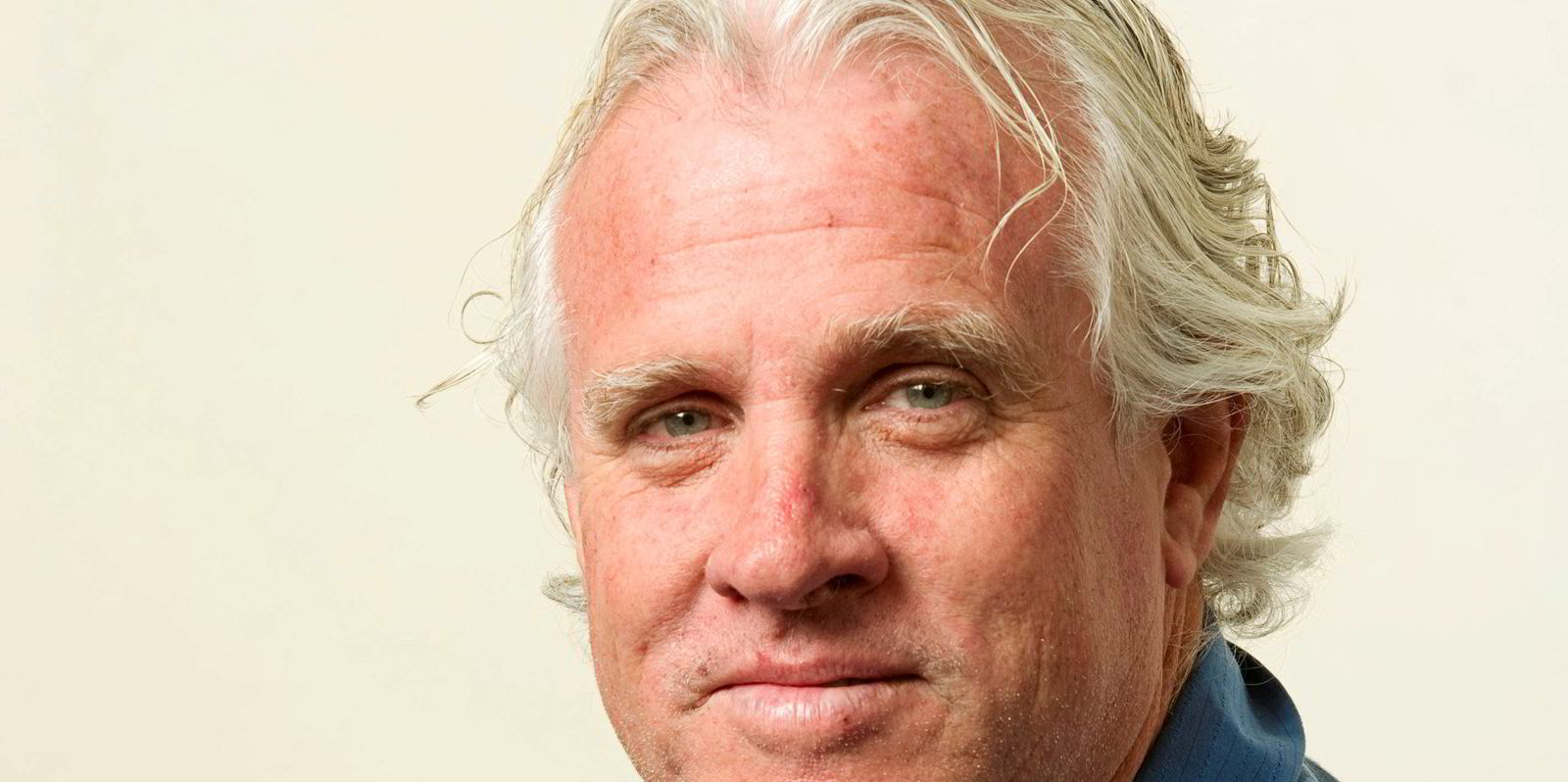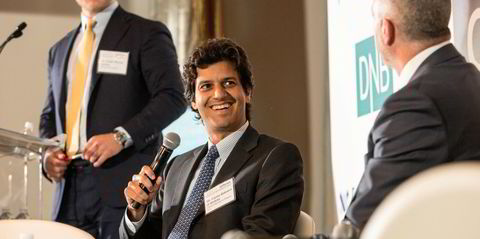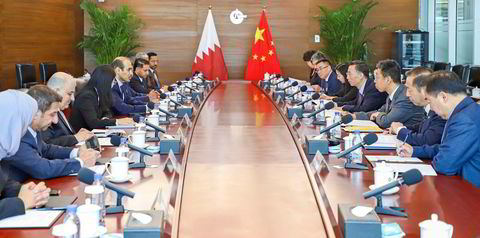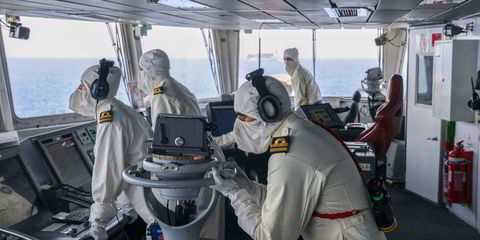Unions and employers are once again at loggerheads after the collapse of talks to set a minimum wage for seafarers at the International Labour Organization (ILO).
Over recent years, the International Transport Workers’ Federation (ITF) has worked closely with employer bodies on a number of seafarer welfare initiatives, including the crew-change crisis, but the relationship appears to have fallen into acrimony.
One participant at the talks described the ILO talks as "very confrontational".
Seafarers' chief negotiator, Nautilus International general secretary Mark Dickinson, kicked off talks with a demand for a 10% increase in the minimum wage.
The International Chamber of Shipping, representing shipowners, said it went beyond its remit to eventually offer 3%, which was firmly rejected.
The shipowners offered an olive branch of another round of talks, which was initially rejected by Dickinson. But he later seemed to suggest he would be open to more discussions.
“Our door remains open should common sense prevail,” he said in a statement the day after the talks ended.
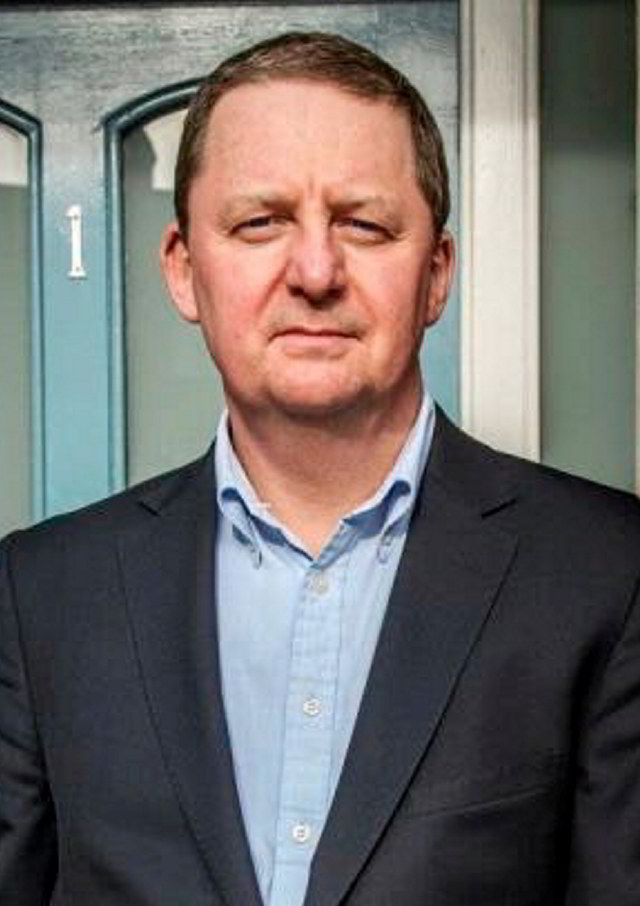
Unions argued strongly that seafarers should be rewarded for the sacrifices they have made to keep the industry going during the pandemic. Employers said shipowners were facing a hike in crew-related operating costs and the profits that some shipowners are earning are not representative of the industry as a whole.
Shipowning sources contacted by TradeWinds said that the failure to reach agreement within the two-day time frame does not mean a deal cannot be achieved.
During the previous round of ILO wage talks, the two sides had agreed in two days on an aggregate 4.5% increase over three years.
Wage-setting at the ILO is complicated as it involves shipowners and employers from different countries with diverging price developments.
Talks are informed by complicated calculations that try to take account of global price developments, exchange rates and adjustments for the weight individual countries have in maritime employment.
The ILO mechanism does not preclude shipowners and seafarers from striking national deals at higher levels. However, it represents a minimum floor which can influence national agreements.
Dickinson called out shipowners over the collapse of the talks, citing their comments during the crew-change crisis.
“We've heard time and time again from shipowners and their representatives that they care about the seafarers, that seafarers are 'vital', and 'critical' to our industry and the global supply chain,” he said.
“But the moment it comes to recognise the contribution of seafarers and value them practically, by respecting institutions most fundamental to seafarers' welfare and delivering a modest real wage increase, the shipowners show their true colours.”
He accused employers of undermining “the social dialogue that has been so critical to the success and stability of this industry for years, and in doing so threaten the cooperation that we've seen throughout the global pandemic”.
Dickinson is the head of Nautilus International, an ITF affiliate that represents officers from the UK and Netherlands, rather than Able Seamen that the ILO minimum wage directly affects.
However, a major issue will be how the collapse of the ILO negotiations affects the upcoming collective bargaining talks on seafarers' wages scheduled for later this year.
While the ILO minimum wage talks set a benchmark for ratings’ wages, actual wage rates for hundreds of thousands of seafarers are more directly determined under the International Bargaining Forum (IBF).
The IBF is shipping’s largest collective bargaining agreement and is negotiated between the ITF and the employers’ representative, the Joint Negotiating Group.
Industry sources suggested that unions may have been prepared to see the ILO talks collapse to win the publicity battle against shipowners ahead of the IBF talks.
